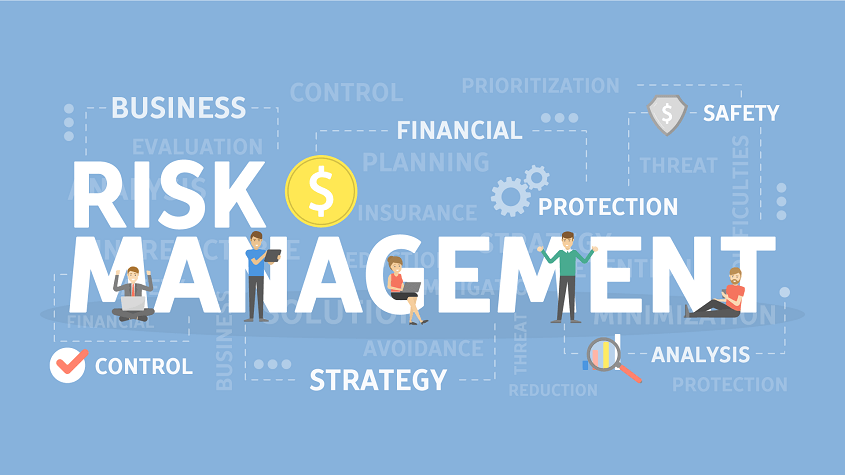Why Projects Fail and How to Avoid Project Meltdown?
There are several reasons why projects fail. Many businesses frequently find deadfalls with projects due to inadequate planning, confusing financials, and neglecting risk management. So what are the business strategies to cope with this problem? Here are some tips to avoid project failure, and if you are already in one, how you can recover from it.
Why Projects Fail?
First of all, it is not unusual for schemes to fail. The main reason for failure is associated with management difficulties, concerning the way a project is approached. There is an endless number of reasons why schemes may crash. Here are the most common and substantial ones.
Lack of Planning

A lack of a reliable project plan regarding time management and inadequately set project goals usually drive to a breakdown of the project in the end. Final deadlines that are unlikely to deliver because of excessive workload and a shortage of time, as well as unrealistic goals are making the project to collapse.
Client Changes

When a client chooses to change their priorities during the project, it surely points to a surge in expenses and also to an expansion of the previous set time frame. Clients, stakeholders, or sponsors of the scheme, might modify or add something to the project in the middle of the execution, which is one of the most prevalent causes for a project to fail.
Budget Overruns

Inadequate regulation of the budget puts the project in danger. Estimated costs in the initial stages of the plan may appear to look accurate at first, but miscalculating the size of the project and not having a financial backup strategy for unexpected errors that might befall, can cause the resources to overrun immediately.
These are some of the main causes why projects fail; however, there can be more reasons too. A scheme that doesn’t succeed can bring immense harm to your business, whether it results in demolishing the image of the firm or in a loss of clients due to delays of the schedule or budget overruns.
How to Avoid Project Failure?
Executing a project is an open-ended process of planning, outlining time management, budget management, risk management and so much more. To save your project from failure, try these simple tips:
Planning

Even though the scheme requires a substantial plan and execution, don’t micromanage every area of the project. Comprehensive and systematic preparation, setting practical time schedules, and goals to accomplish step by step, is the most reliable way to succeed. The planning process is ongoing. If anything does not go the way it was intended, you have to review and adapt everything to the changes. The best two preferences in the domain of planning are:
- Time Schedule (Deadlines and when to meet which goals)
- Budget Management (How to use your budget and resources efficiently)
Teamwork and Communication

A precise description of responsibilities and duties encourages everyone to perform their role effectively and decreases the risk of errors or defective work. Open communication should always be one of the top preferences when working in a team, to give everybody the freedom to speak about concerns or queries.
Risk Management

The above-discussed causes for failing usually occur because of a deficiency in risk management. Risk management is all about being prepared and how to respond when a problem arises. The most critical element of risk management is identifying and interpreting the possible hazards that might happen. Identifying potential risks right away makes it more comfortable to deal with them later on.
Timelo offers a Project Time Tracking software solution for more effective project planning. It enables you to create a detailed project and task structures, so you can observe precisely how much time is spent on each activity.
